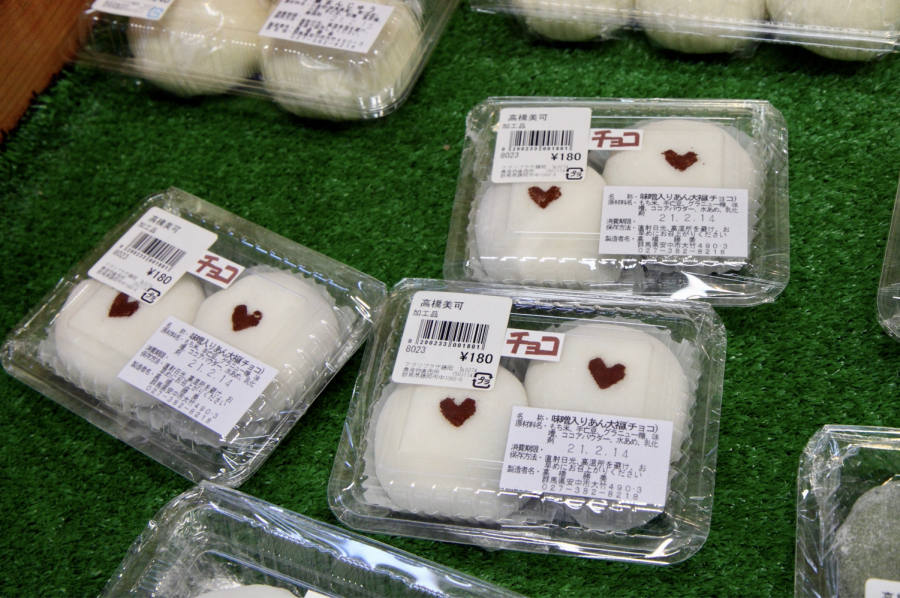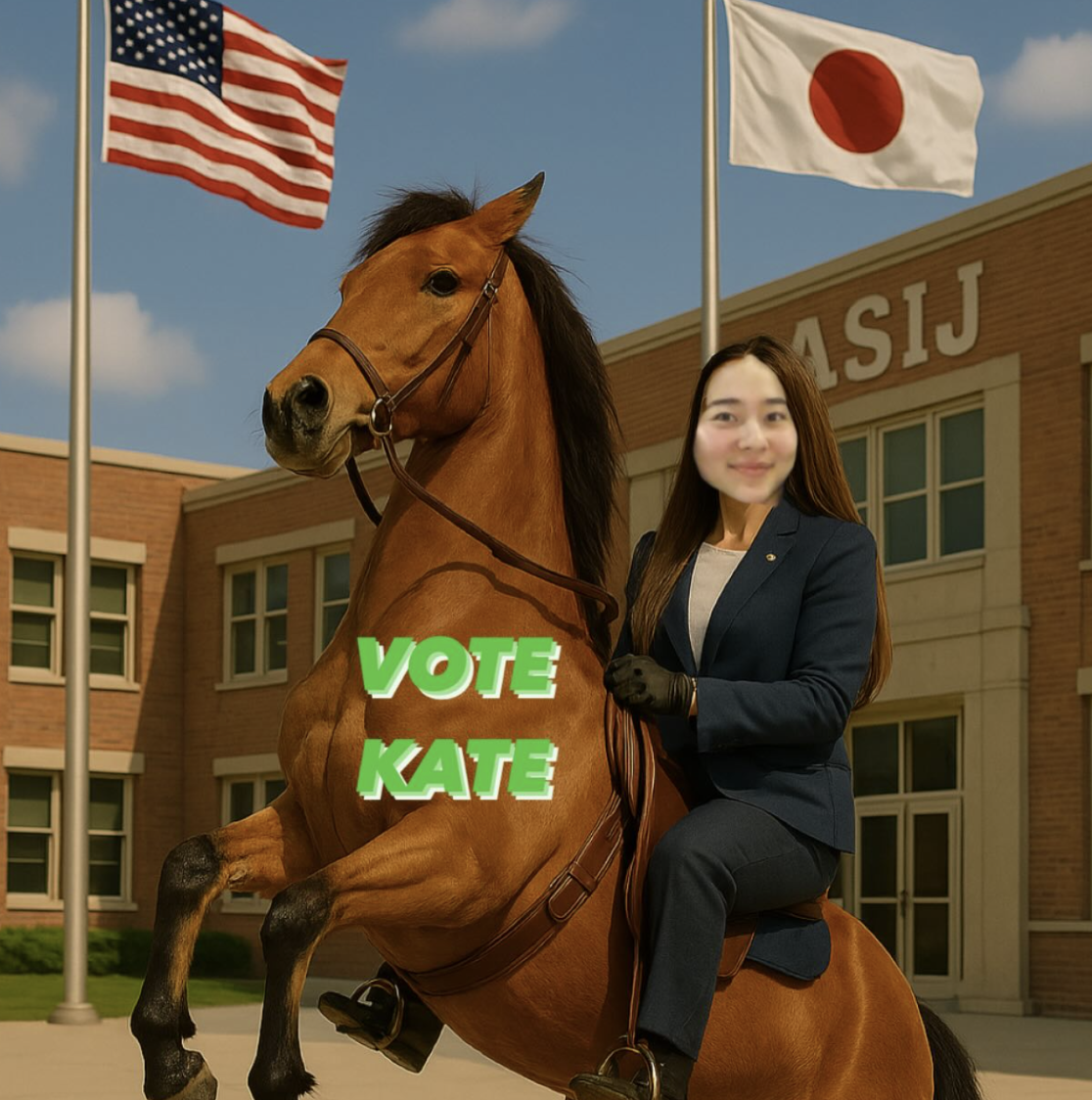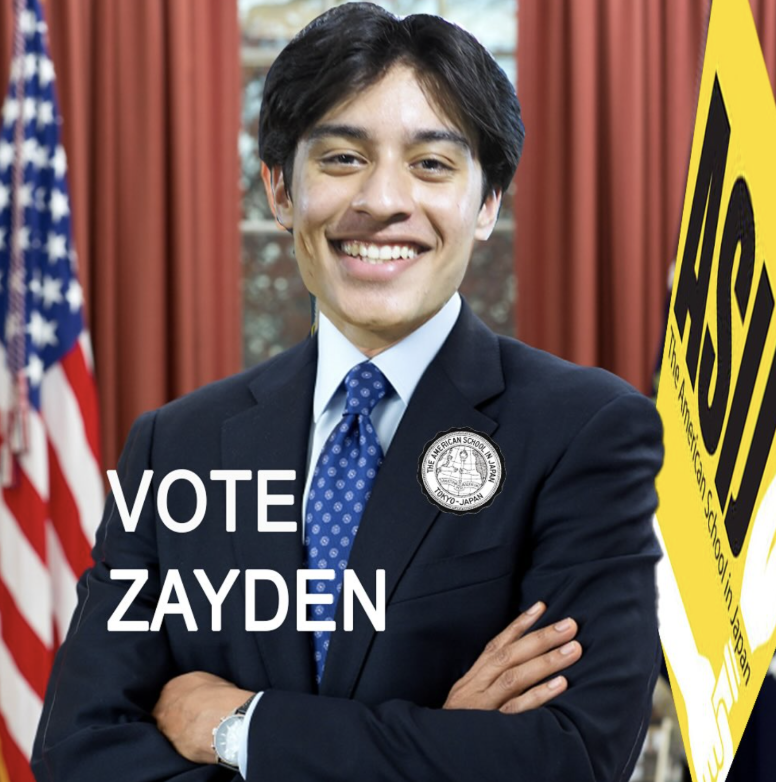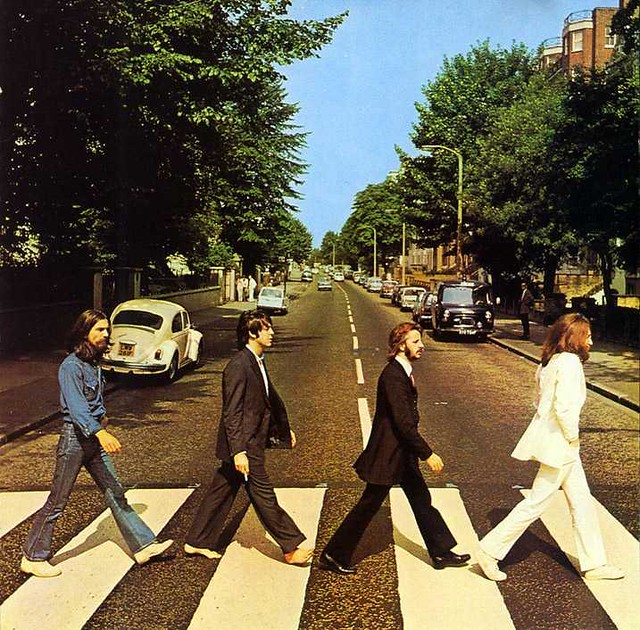Japan’s Borrowed Holidays
May 29, 2019
Many countries have various traditions to celebrate the holidays of Halloween, Valentine’s Day, and Christmas, and in most these holidays have become highly commercialized. This is especially true in Japan, where so many companies use the holidays to promote and sell their products.
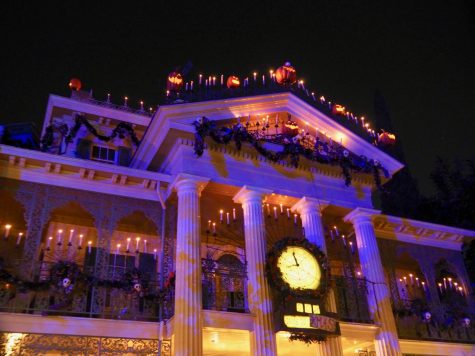
Halloween is one of these highly commercialized holidays. The holiday was introduced to Japan by Tokyo Disneyland, which wanted to attract more visitors during the fall. After this, other stores began selling Halloween-themed items, including costumes, and have decorated with pumpkins and ghosts. Now, there are also street parties and parades that celebrate the holiday.
Valentine’s Day in Japan also has roots in consumerism. It was introduced to Japan in 1936 by Morozoff, a confectionary company. Soon after, department stores and other confectionery stores started selling and advertising chocolates. Because of this, it has also become nearly obligatory for women to give chocolates to all male co-workers. Additionally, companies successfully campaigned to create White Day, where men are obliged to return the gift. Both of these occasions allow chocolate makers to make over half of their sales during these holidays.
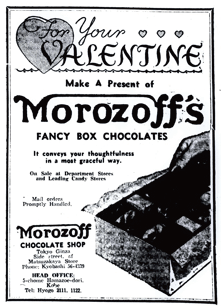
Christmas, though a holiday with a religious history, also has become commercialized in Japan. Only one percent of the Japanese population is Christian, and accordingly, it isn’t a national holiday. Instead, this holiday is a blend of various customs from other countries as well as the traditions created by marketers.
One well-known example of this is the promotion of Kentucky Fried Chicken as a Christmas tradition. According to the Smithsonian, this campaign was started in 1974 when a group of foreigners couldn’t find turkey for Christmas and instead had KFC. The company advertised this in order to equate Christmas with KFC. Many Japanese people now associate the two, and some also believe that this tradition actually comes from the United States.
The adoption and commercialization of various holidays has become standard in Japan. It’s a pattern that is likely to continue in the growing world of consumerism.

